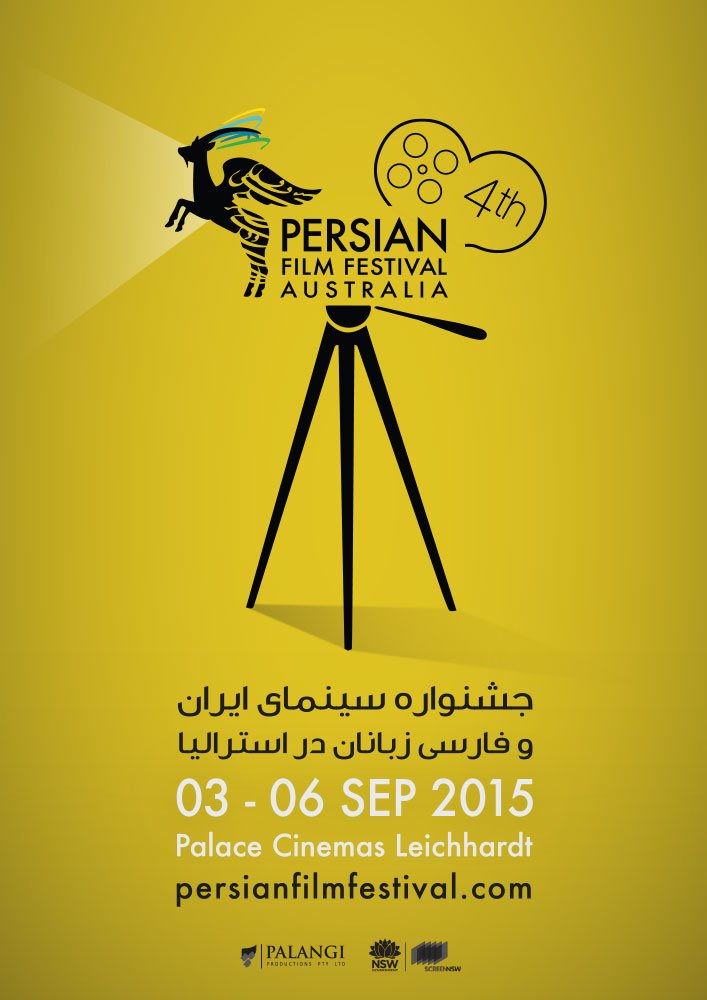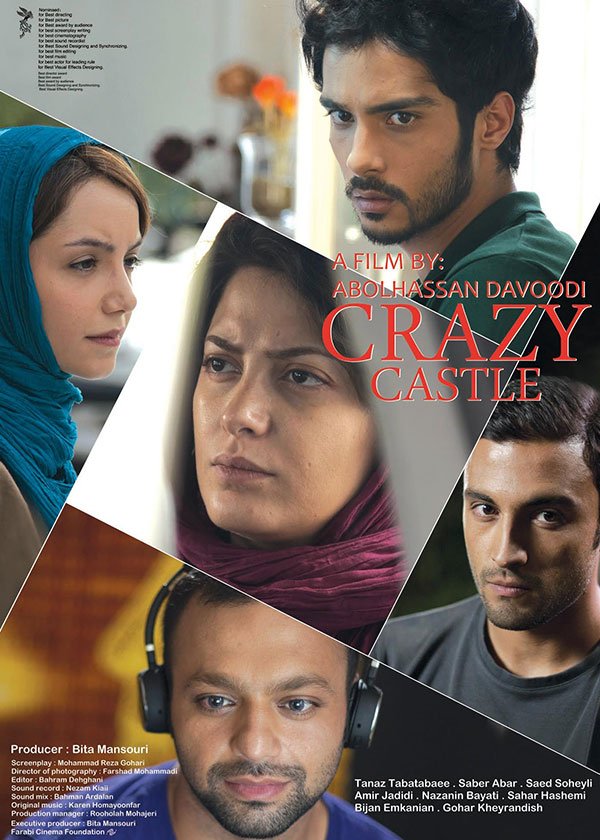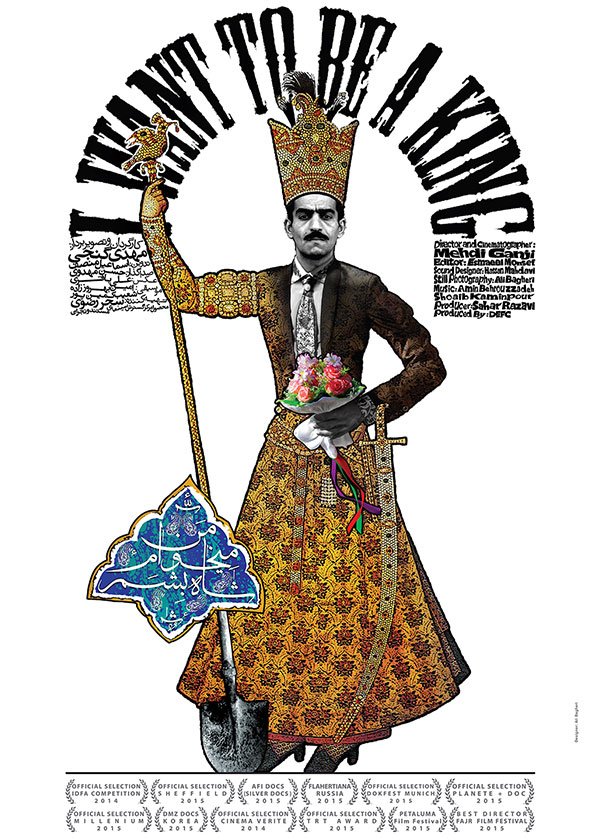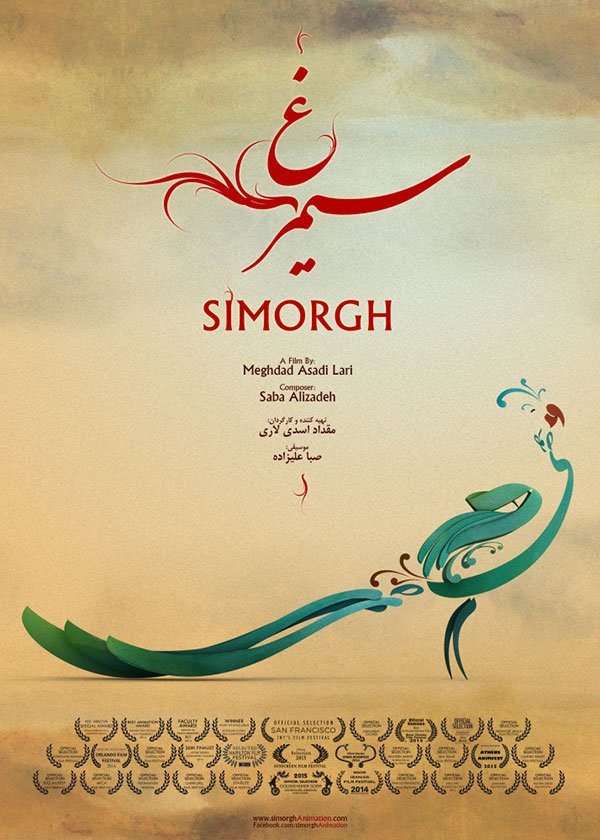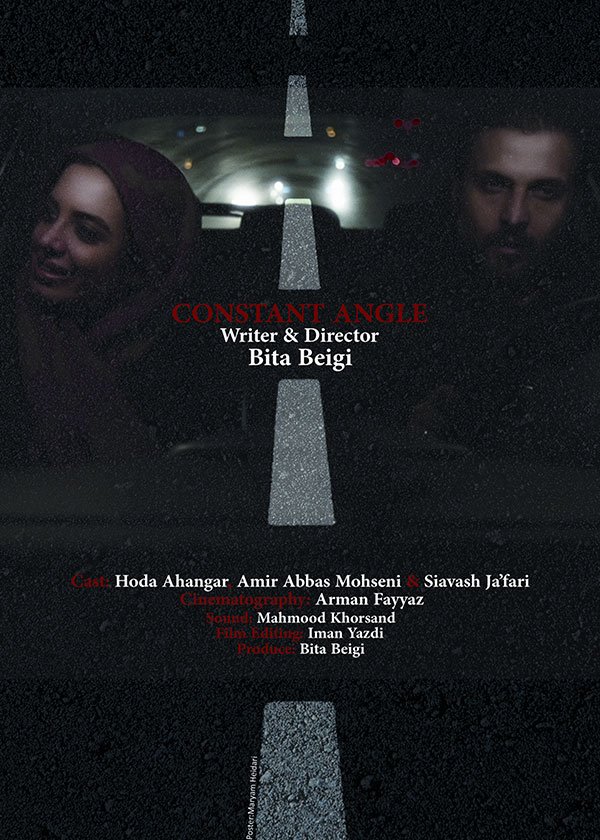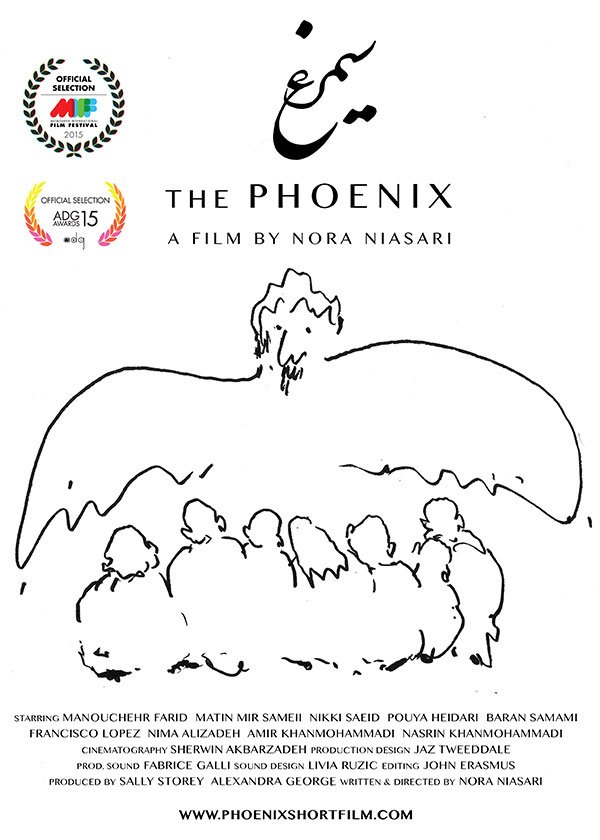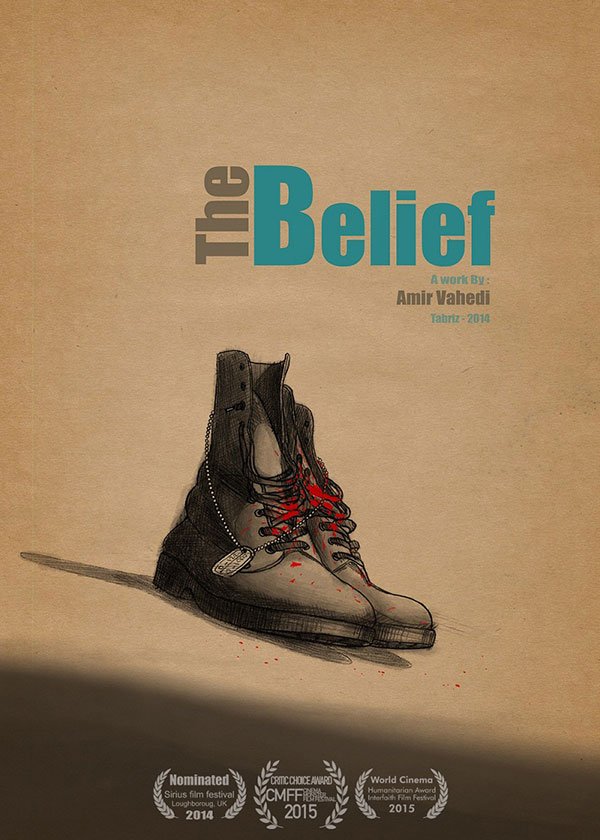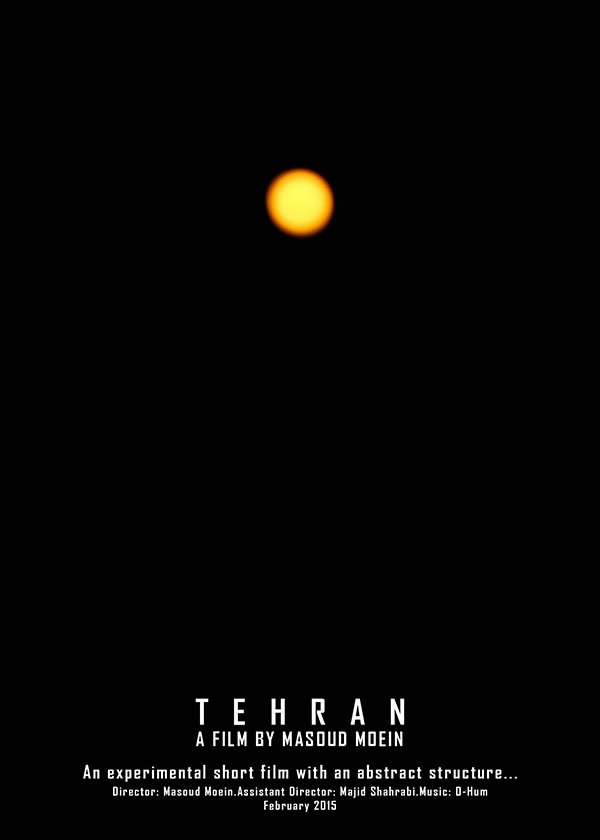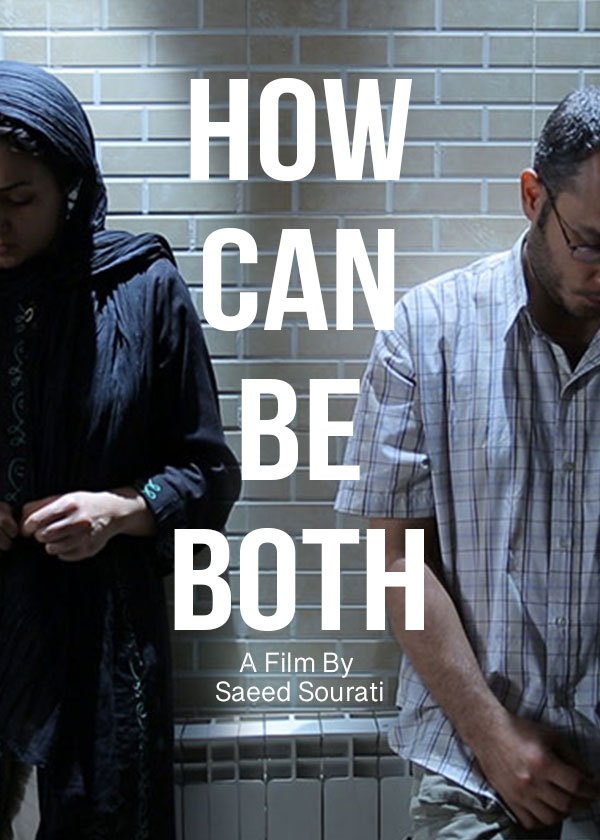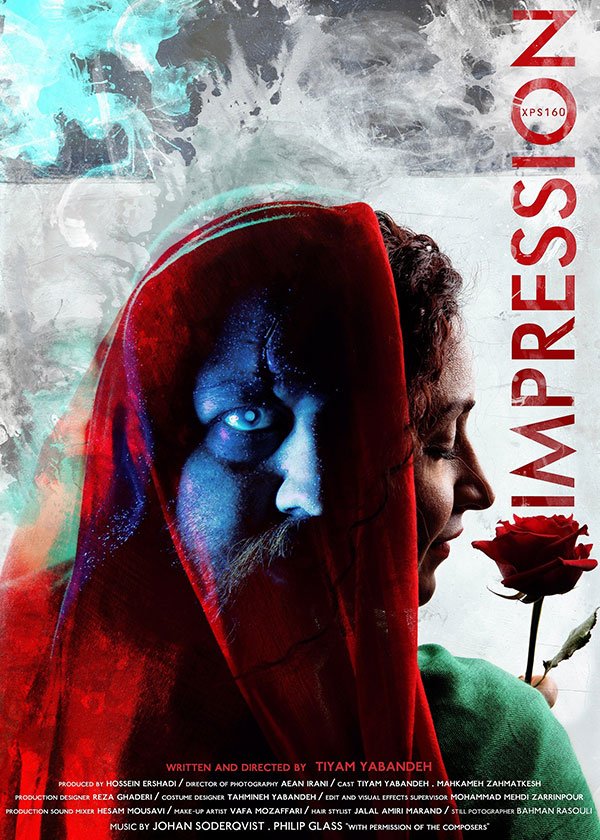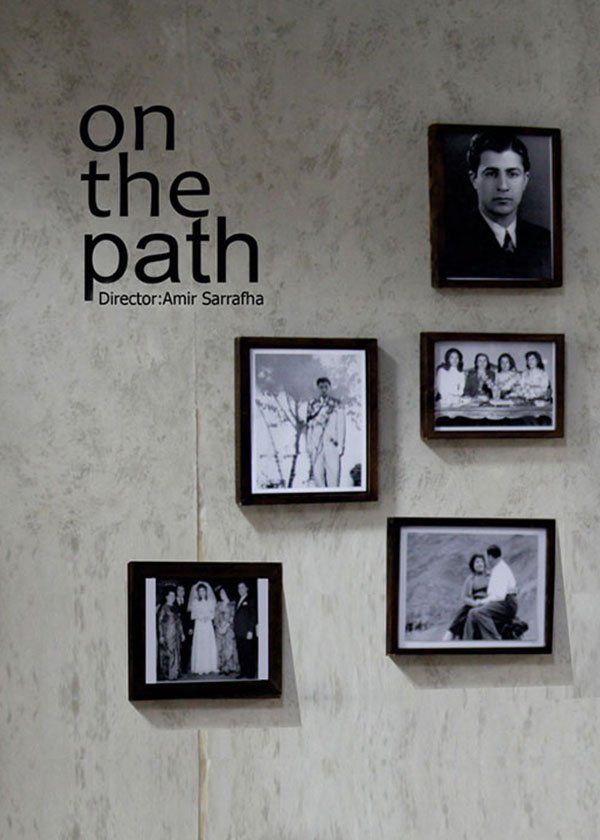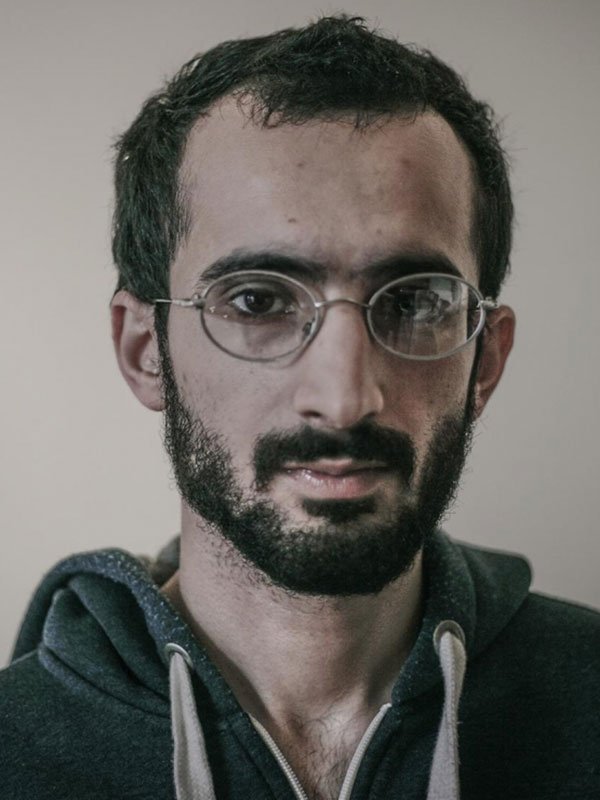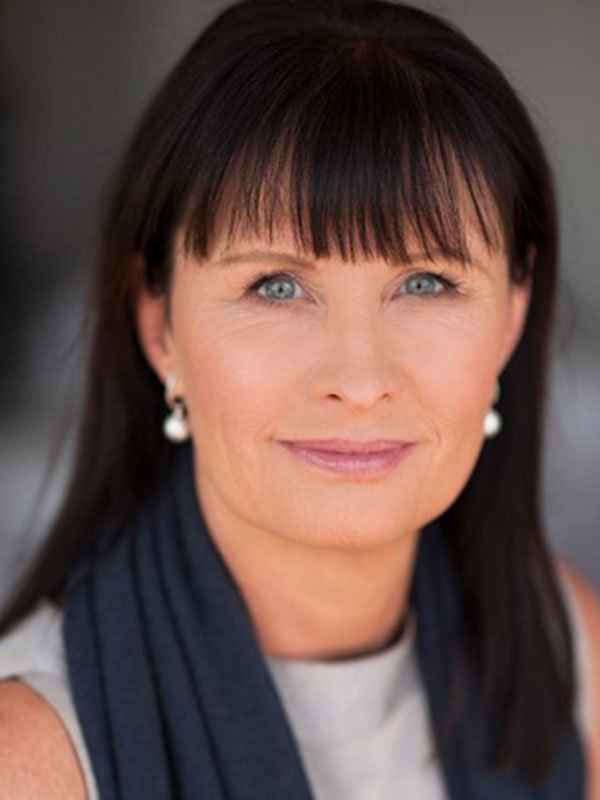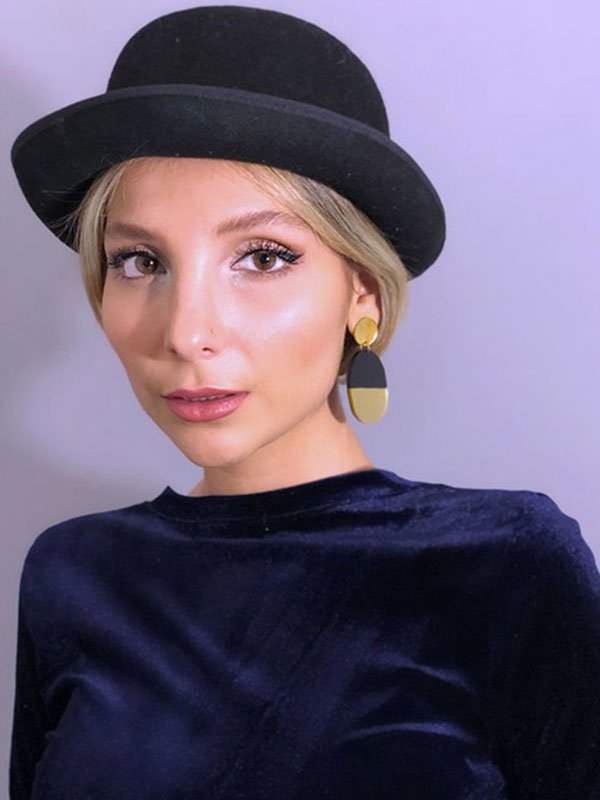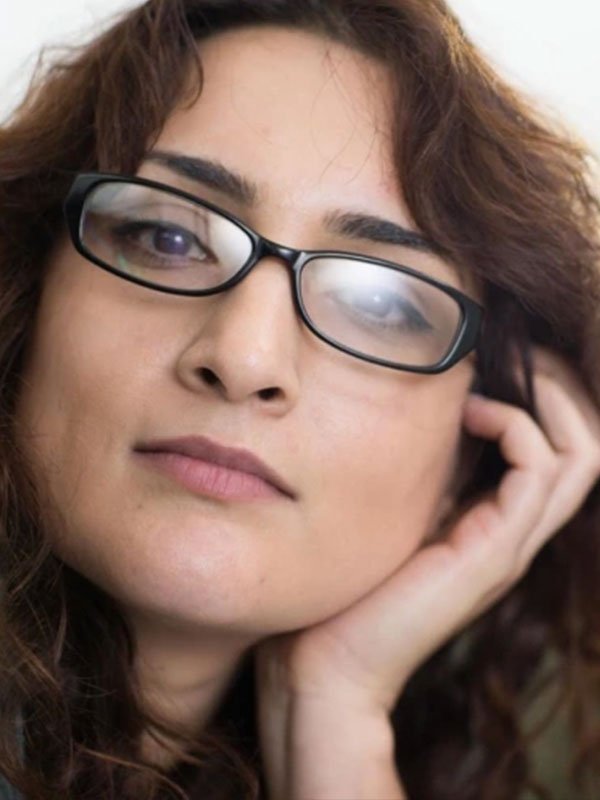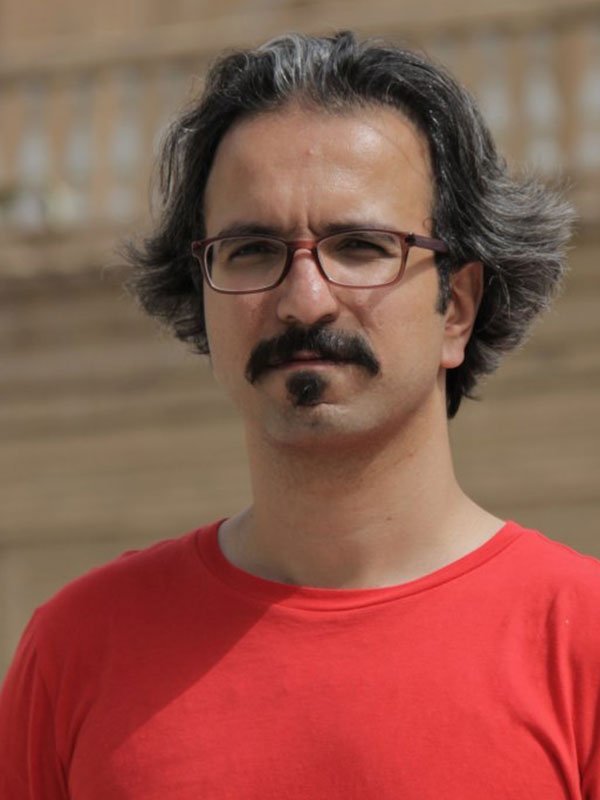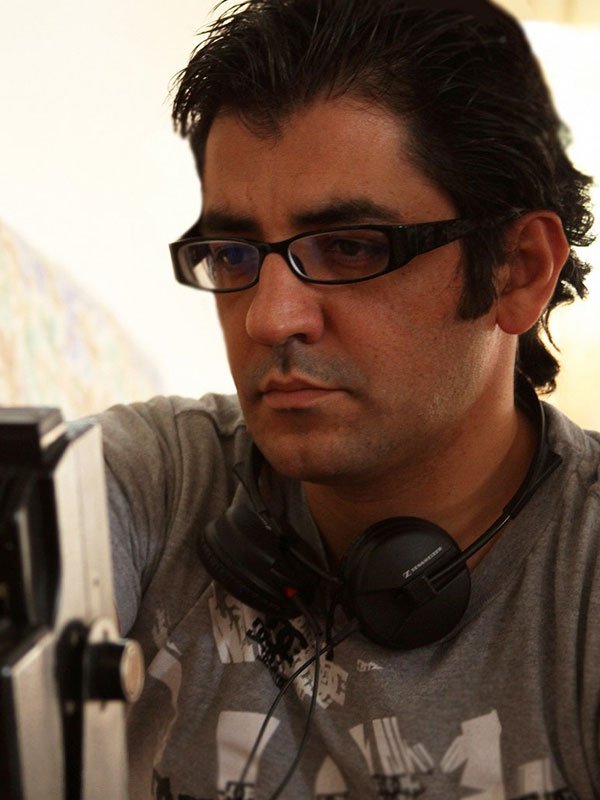Shohini Chaudhuri's main research and teaching area is World Cinema, with particular interests in film and human rights, film-philosophy, feminist and postcolonial theory. Her work develops transnational and comparative frameworks to explore links between different film cultures. She has written four books - Crisis Cinema in the Middle East: Creativity and Constraint in Iran and the Arab World (2022), Cinema of the Dark Side: Atrocity and the Ethics of Film Spectatorship (2014), Contemporary World Cinema: Europe, the Middle East, East Asia and South Asia (2005) and Feminist Film Theorists (2006). Her article (co-authored with Howard Finn) on New Iranian Cinema has been published in Screen and reprinted in two anthologies, Screening World Cinema, ed. Catherine Grant and Annette Kuhn (2006) and Gender, Genre, Race, and World Cinema, ed. Julie Codell (2007).
She has also published articles in the journals Camera Obscura, Strategies: A Journal of Theory, Culture and Politics, South Asian Popular Culture, and Screening the Past, as well as essays in numerous edited collections, such as Global Humanitarianism and Media Culture, ed. Michael Lawrence and Rachel Tavernor (2018), The Blackwell Companion to Wong Kar-wai, ed. Martha Nochimson (2016) and Disappearing War: Interdisciplinary Perspectives on Cinema and Erasure in the Post-9/11 World, ed. Christina Hellmich and Lisa Purse (2017). Her most recent book is the result of a Leverhulme Research Fellowship for a project titled Creativity and Constraint: Contemporary Cinema in Iran and the Arab World. A film activist as well as educator, Shohini has researched and curated film programmes for The Mosaic Rooms, London, and the Art Exchange, University of Essex, and has organized public film events for the NGO Amnesty International and other cultural institutions. Additional information: She would particularly welcome applications for Ph.D. theses on the intersecting areas of film, human rights, and critical and cultural theory
